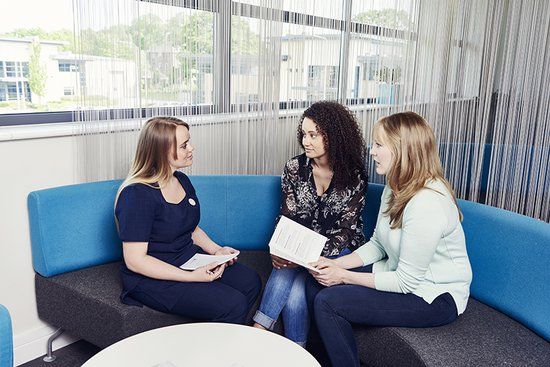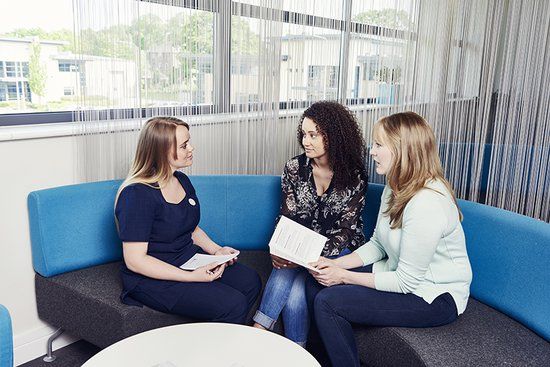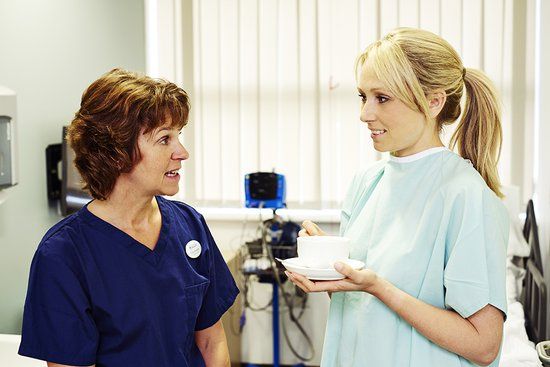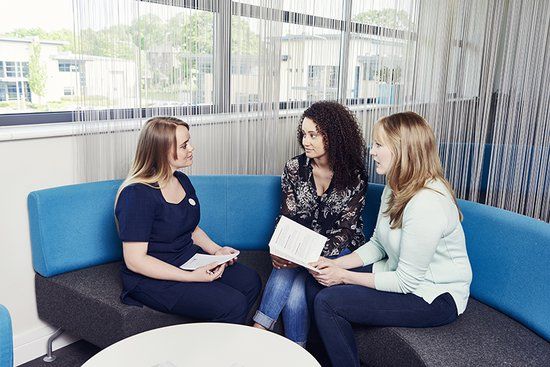
If you need donor sperm insemination to have a baby, you may be tempted to go for what seems like the easiest option – finding donor sperm on the internet.
Increasing numbers of websites are offering donor sperm. Some operate under the guise of forums that match women needing donor sperm with men willing to donate through various means. Whilst other men simply advertise their sperm, such as Simon Watson, who made headlines last week as Britain’s ‘most prolific’ sperm donor claiming to have fathered in excess of 800 children.
The dangers of choosing this unregulated route to a baby are obvious, but it doesn’t stop many same-sex couples and single women from opting for it, often in the mistaken belief that going through a licensed clinic to find a donor and undergo donor insemination will be expensive and time-consuming. Or there will be a waiting list for donor sperm.
In the final blog in our special series all about donor sperm insemination and treatment for same-sex couples, our Donation Team explains the risks of internet-sourced sperm and why you should always use a licensed clinic if you need to use donor sperm to have a baby. Even if you know a man who has agreed to donate sperm to you.
Screening: Safe sperm from a licensed clinic
All registered sperm donors available from a licensed clinic must pass stringent medical screening to be accepted. This is to protect you, and any child, from any genetic, hereditary or other diseases. Can you be sure the sperm being offered through a website is safe to use? All the sperm we offer must also pass strict quality checks, to ensure that it has a good chance of being used successfully in treatment, and men cannot be older than 41 to be a sperm donor.
Legal parentage: Is your sperm donor actually the legal father?
If sperm donation and treatment takes place through an official HFEA-licensed clinic, then the parentage is set by law – the donor has no legal, financial or moral responsibility for any subsequent children. He is not legally the child’s parent and has no parental rights.
But the law is complex in cases of donation outside of this setting. In some instances, the sperm donor may be the legal father, such as if you and your partner are not married or in a civil partnership, or if you’re a single person. It’s vital to get specialist legal advice if you’re considering insemination outside of a licensed clinic setting. Read the HFEA’s advice about this on the HFEA website.
Known donation: Protecting you and the donor
If you have a friend who is willing to help you out and be your sperm donor, we still advise that you undergo insemination at a licensed clinic. It’s not unusual for same-sex couples, and single women, to ask a male friend in the first instance to help them have a baby. But again the law is complex in cases of ‘known donation’ and in certain circumstances, your friend could be the legal father of any child you have. It is possible for your friend to become a registered sperm donor through us, and to donate his sperm only to you, with all legal HFEA parental forms completed.
Identifiable sperm donors: Your child and its origins
All sperm donors from a licensed clinic must agree to be identifiable to any child born using their sperm. This law was brought in to give donor-conceived people more rights and to allow them to find out about their biological origins when they turn 18 years old.
Finding a sperm donor
We have donor sperm from fully-screened and registered donors, with detailed donor profiles and the support of our Donation Team to help you find your ideal donor.
So whilst ‘do it yourself’ arrangements for donor sperm insemination might seem a quick cheap option, it’s a highly risky option to take – not just for you, but for your child, that could have long-lasting implications. Read more about the risks of unregulated sperm donation on the HFEA website.
If you’d like our help to have your baby, take the first steps here to get started or call our friendly Patient Advisors on 0161 300 2737.
Last updated: 18th July 2024







